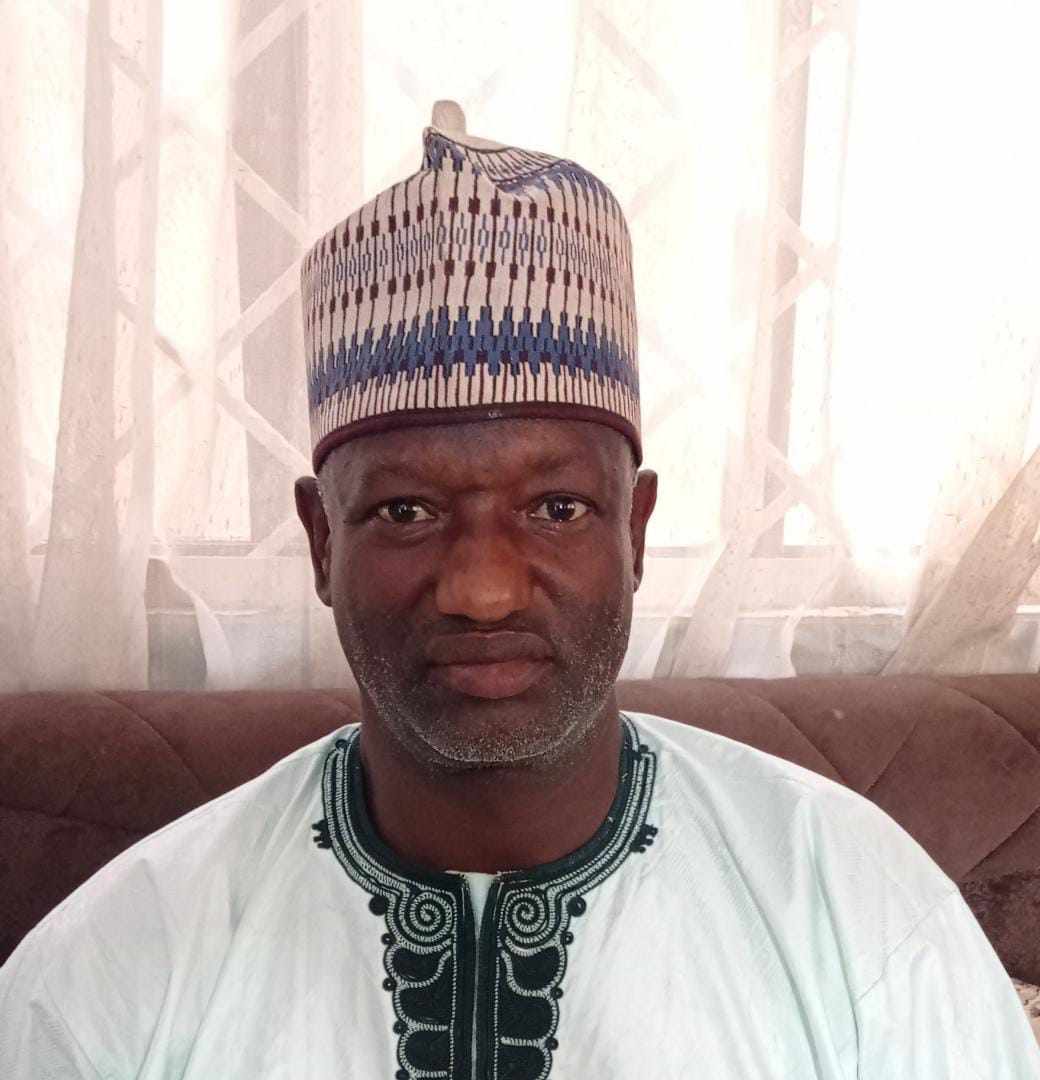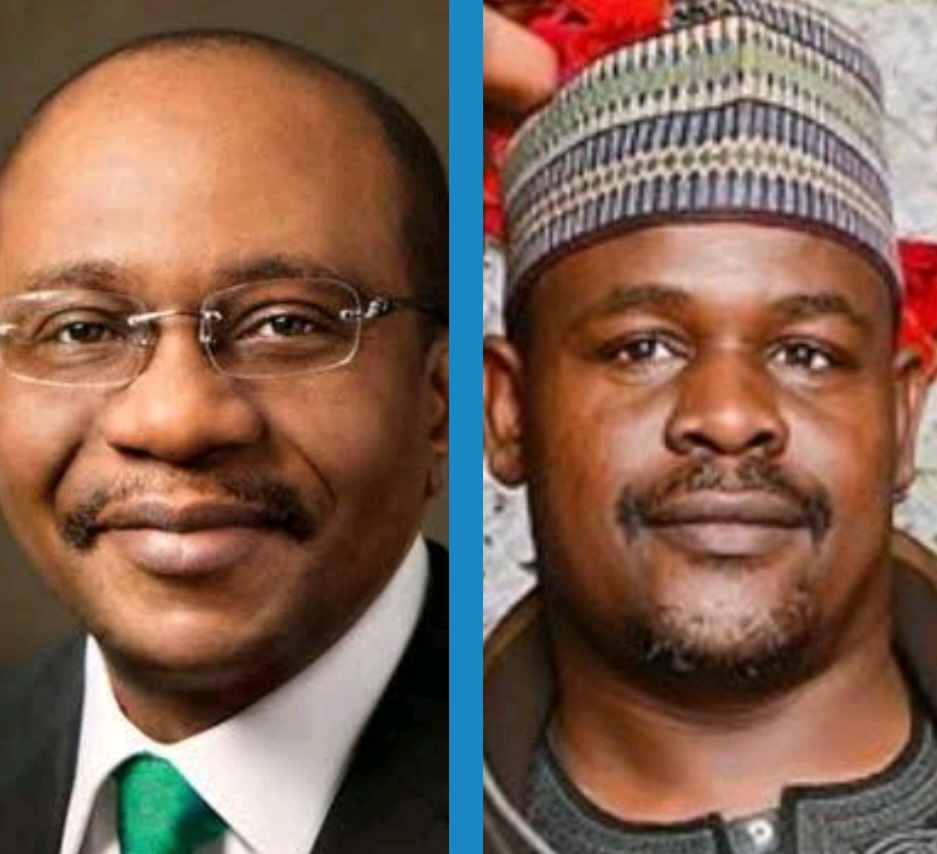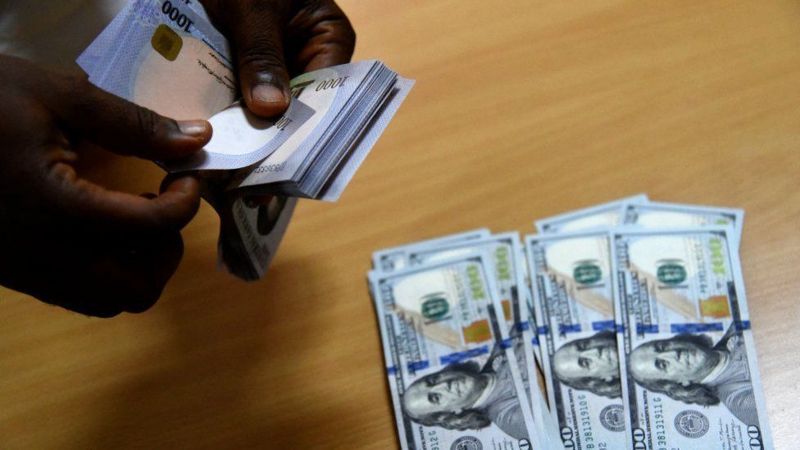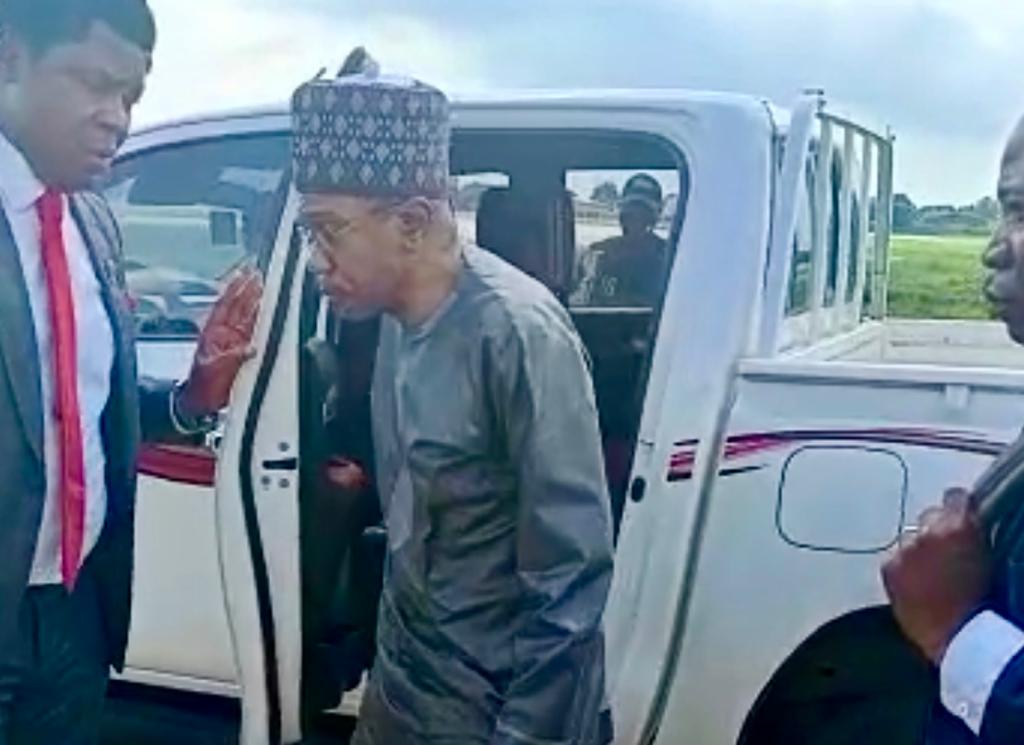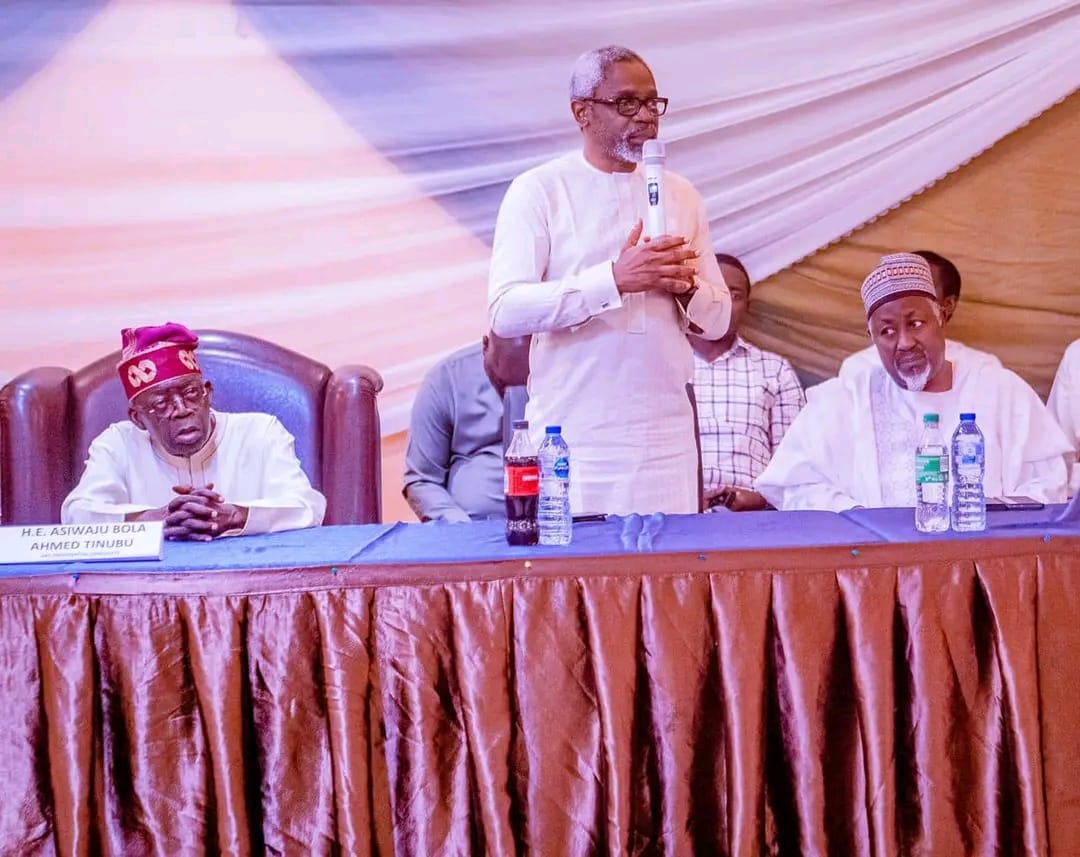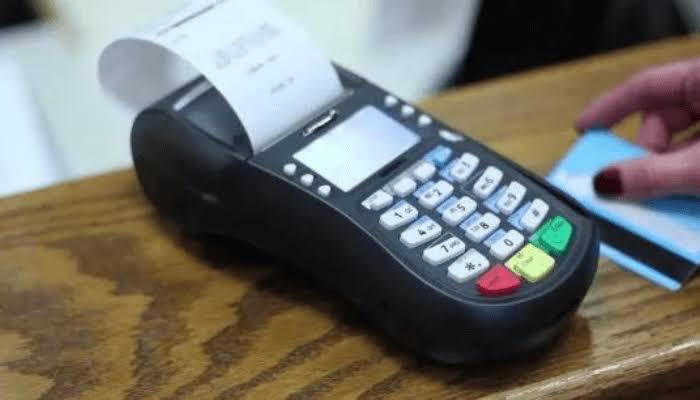Re: CBN’s revocation of 4,173 Bureau De Change (BDC) licenses
By Rabiu Aliyu Kiru It has been announced by the Central Bank of Nigeria (CBN) that 4,173 Bureau De Change (BDC) licenses have been revoked, while 1,368 BDCs remain valid…
Hon. Kazaure has been vindicated, and it’s time to prosecute Emefiele
By Sani Bello Hamza Nigeria is a country naturally blessed with abundant resources, fine and reliable crude oil, thriving agriculture, resilient youth, and a hardworking population. Yet, its citizens are…
CBN instructs banks to disregard initial ban on cryptocurrency
By Abdurrahman Muhammad The Central Bank of Nigeria’s financial policy and regulation director, Haruna Mustapha, announced in a circular on Friday. The central bank has issued guidelines and regulations for…
Who will rescue the Naira?
By Aliyu Nuhu No easy way for a country with bizarre economic behaviour. The economic laws are there for easy implementation in a normal society. But Nigeria is not normal.…
Embattled Emefiele arrives court for trial
By Ahmad Deedat Zakari The suspended governor of the Central Bank of Nigeria, Godwin Emefiele, has arrived at the Federal High Court sitting in Lagos for trial. The former apex…
Court gives DSS seven days to charge or release Emefele
By Uzair Adam Imam A Federal High Court sitting at Maitama in Abuja has ordered the Department of State Services (DSS) to release the suspended Governor of the Central Bank…
Cutthroat competition, business tussle and victimization of Nigerians by Access Bank and MoMo Agent (I)
Kabiru Haruna Isa I have been a loyal customer of Diamond/Access Bank Plc., and I can say without any fear of contradiction that I opened my first bank account with…
Gbajabiamila commends Supreme Court for extending old naira notes exchange deadline
By Muhammadu Sabiu Femi Gbajabiamila, Speaker of the House of Representatives, praised the Supreme Court's ruling invalidating the Central Bank of Nigeria's (CBN) currency policy's deadline and extending it until…
We have no plan to shut down e-transactions – CBN reacts to rumours
By Uzair Adam Imam Few days to election and the remours that the Central Bank of Nigeria (CBN) was planning to shut down all e-transactions on Thursday have gone viral…

